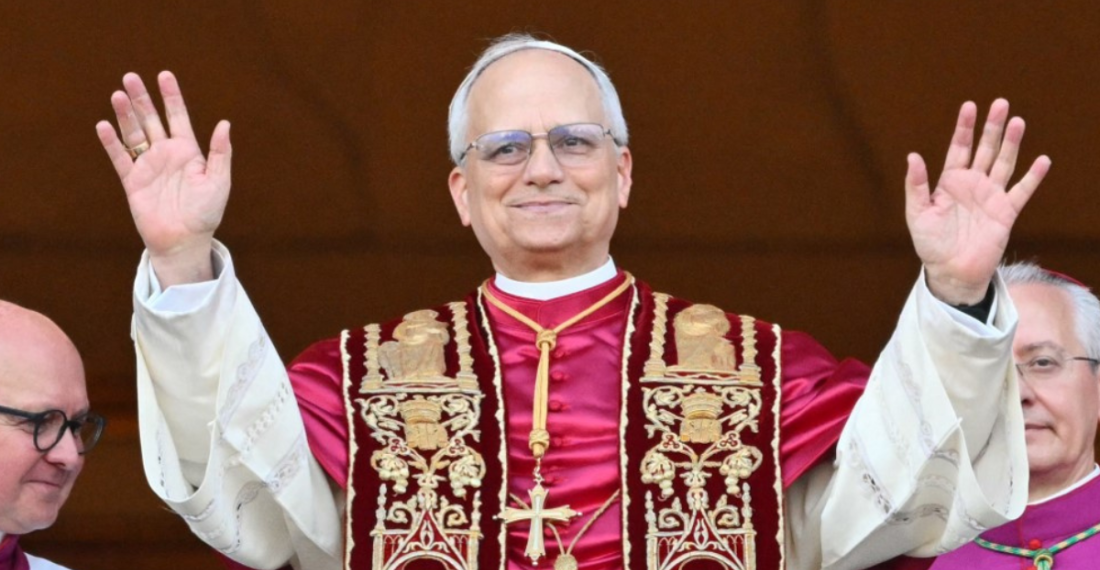Addressing the faithful gathered in Saint Peter's Square for his Sunday Angelus, Pope Leo reflected on the Gospel passage from Luke, inviting the faithful to ask themselves how they are investing the “treasure” of their lives. At the Sunday Angelus, the Pope made a heartfelt appeal to international decision-makers to take responsibility for seeking solutions to conflicts. He expressed satisfaction over the new peace deal between Armenia and Azerbaijan, but also deep sorrow for the violence that continues to devastate Haiti.
Pope Leo then pointed to the agreement signed on August 8th by Armenian Prime Minister Nikol Pashinyan and Azerbaijani President Ilham Aliyev as a sign of hope. "Their joint declaration", he said, is a significant step forward and one that “we all hope will contribute to a stable and lasting peace in the South Caucasus.”
War must be rejected as a “means of resolving conflicts.” That was the urgent appeal issued by Pope Leo XIV to the international community and its leaders, delivered following the Sunday Angelus prayer. The Pope called on leaders to take responsibility and work actively toward peace, a goal he urged the faithful never to stop praying for.
“Let us continue to pray for an end to all wars,” the Pope said. The 80th anniversary of the bombings of Hiroshima and Nagasaki, he noted, has stirred a global awakening to the need to firmly reject war as a solution to conflict. “Those in positions of power must never lose sight of the consequences their decisions have on people’s lives,” he said. “They must not ignore the needs of the most vulnerable or the universal longing for peace.”
source: commonspace.eu with Radio Vaticana (Vatican City).






